Jason Goodwin: 'We have books all over the floors and carpets on the furniture'
Our columnist Jason Goodwin talks about jam jars, duvets and the books which are taking over his house.
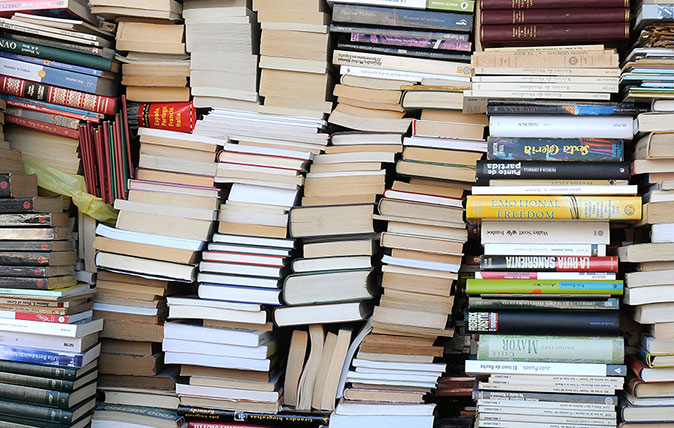
When I emerged from the cellar in triumph, carrying a cardboard box full of slightly cobwebby jam jars, lids rattling cheerfully at the bottom, I was able to reflect that one of the great advantages of middle age is that you have a lot more empty jars put by than you did when you were young. More lids, too, and some of them even fit the jars. This makes marmalade-making much less of a chore.
The same goes for walking sticks, Wellington boots and birdspotting books. I don’t mean they help make marmalade. You have more of them.
Kate’s previous foray into the cellar revealed the Christmas decorations sinister with damp, their wicker basket a horrid sepulchre of mould. Then, she discovered a covey of dead mice in the airing cupboard. Although she thought they looked adorable, curled up together as if asleep, I had to dispose of them – she was less infatuated when she discovered they’d chewed a good sheet to tatters and scattered their droppings across a woollen blanket.
On the jam-jar principle of gradual accretion, it’s not a disaster. There are more sheets to be had in the cupboard and more blankets, too – although no one uses those any more.
Paul Rycaut, an English merchant in the Levant Company who wrote a history of the Ottoman empire in 1740, was responsible for introducing the duvet into England. It seems to have taken 200 years to catch on, but when it caught, it moved like a bush fire.
Almost no one makes up beds with blankets any more and yet I remember when I was at school that Lukas Knutsson had a duvet because he was Swedish. Anyway, we still have blankets in the airing cupboard.
Having said how useful it is to have collections of jam jars, sheets and Wellington boots for friends of different sizes, one of the perils of middle age is too much stuff, which can’t ever be thrown away because it either has sentimental value or might come in handy some day. Everything has retrospective value – or potential.
Exquisite houses, the beauty of Nature, and how to get the most from your life, straight to your inbox.
'The more books we have, the harder it becomes to find the book I want and the more ashamed I am of writing books, which must add to piles in other people’s houses'
One of the reasons I emerged with the jam jars in such triumph is that the cellar is, in fact, pretty full. It has broken chairs, old suitcases, tools, wines, picture frames without glass, sheets of glass without picture frames and boxes of old toys that have probably grown beards. Finding the crate of jars was something of a stroke of luck.
Elsewhere, we have books. We have books by the yard, the gross, the lakh and the crore. Many of them are housed on bookshelves in the hall and the study, as well as the sitting room and various bedrooms. Others are stacked in corridors and march up the stairs on both sides of the treads in piles, which seem to circulate very slowly so that the piles occasionally throw up an unexpected treat on the way to bed. A visitor recently observed that we seem to have books all over the floors and carpets on the furniture, which is not entirely untrue.
The more books we have, the harder it becomes to find the book I want and the more ashamed I am of writing books, which must add to piles in other people’s houses.
However, I use it as an escape, a way of sublimating my fears. So it is with Count Palewski, a character in my novels, the Polish ambassador to the Ottoman court. I gave him a library so he could restlessly rearrange the titles – sometimes by author, sometimes by subject and once in descending order of size – stumbling across forgotten treasures on the way.
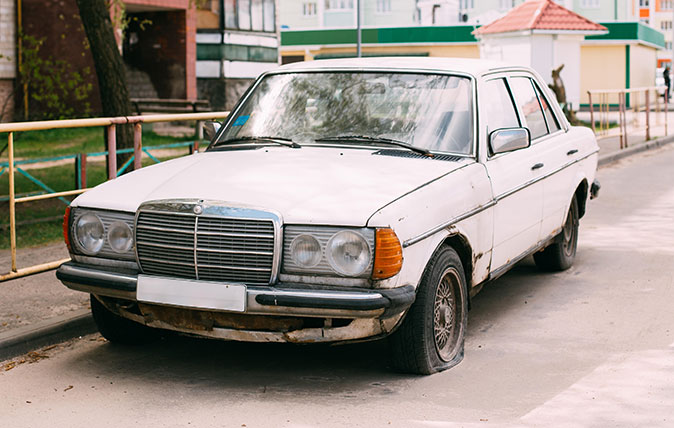
Credit: Alamy
Jason Goodwin: ‘He was lying and I knew it, but his lies were so egregious I couldn’t quite bear to call him out’

Credit: Alamy CPB0KX
Jason Goodwin: How to spend 24 hours in London without spending a penny
Our columnist Jason Goodwin headed to London expecting to have to dig deep to keep himself and his wife entertained.

Credit: Alamy
Jason Goodwin: ‘The boys excavated a rusty buckle and I carelessly tossed it over my shoulder – later, we found its identical twin, labelled Roman, in the museum’
Our columnist pays tribute to his late neighbour Dudley Tolley, a farmer who embodied the image of the lovable English
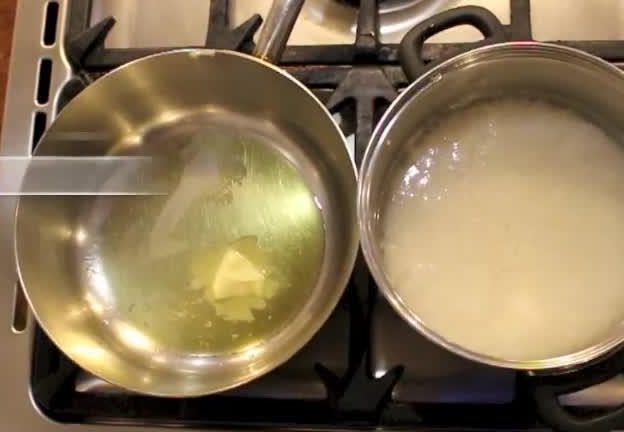
Perfect pilaf rice made simple: A skill that every cook should learn for life
Writer, historian and chef Jason Goodwin whips up perfect pilaf rice.
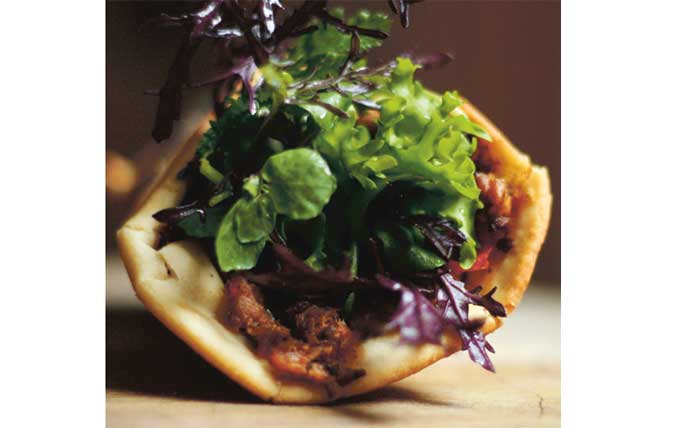
Credit: Lahmacun - Jason Goodwin
The 'Turkish pizza' recipe that's exotic, simple and delicious
Jason Goodwin, author of the Yashim detective novels, shares a recipe from his new cookbook.
-
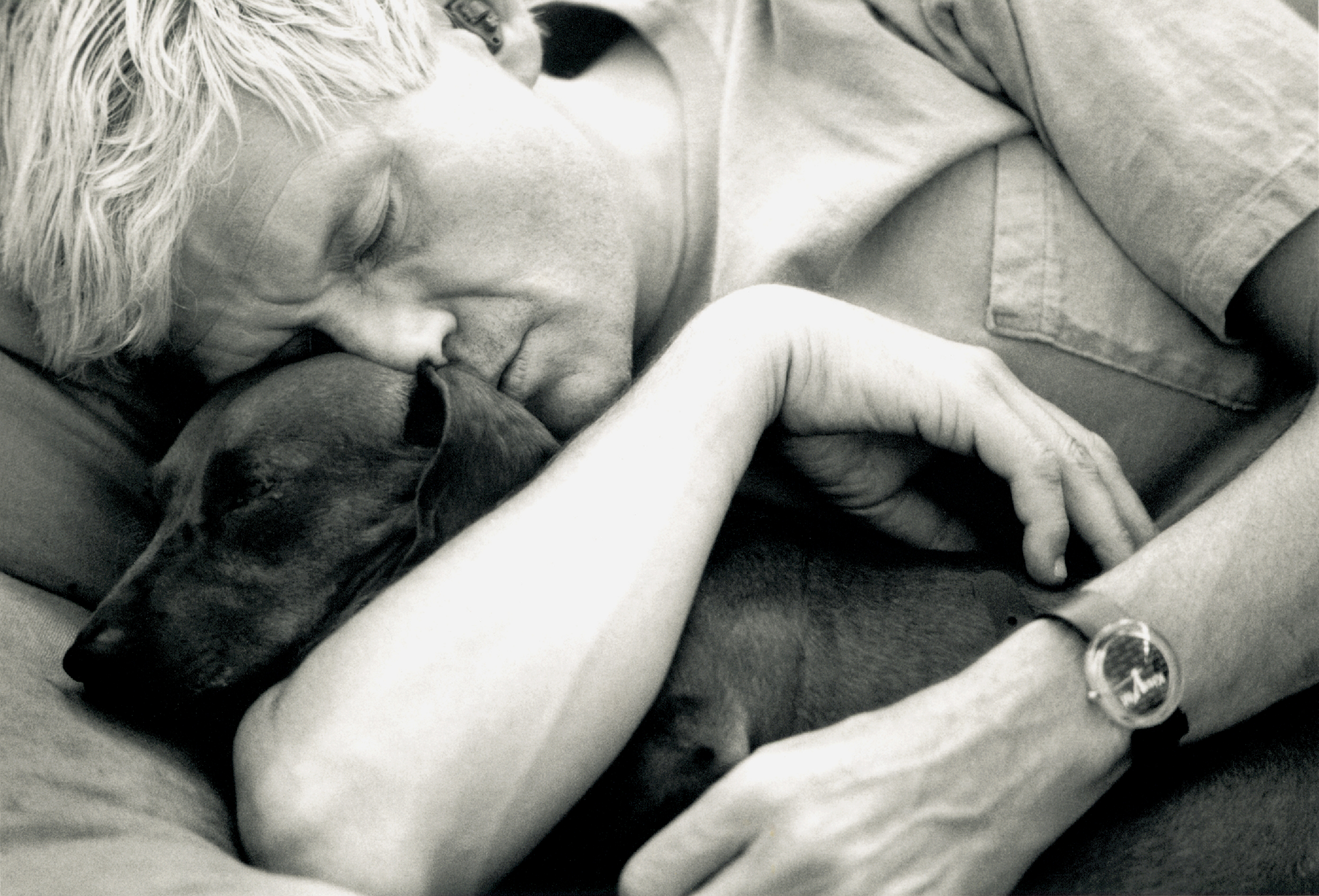 Canine muses: David Hockney's chocolate dachshunds, Stanley and Boodgie — who he painted over 40 times
Canine muses: David Hockney's chocolate dachshunds, Stanley and Boodgie — who he painted over 40 timesIn the second edition of our limited series, we meet some more of the dogs who've inspired our greatest artists.
-
 'Meat, ale and guns — what else do you need, bar glorious scenery?': William Sitwell on the Brendon Hills, West Somerset
'Meat, ale and guns — what else do you need, bar glorious scenery?': William Sitwell on the Brendon Hills, West SomersetWilliam Sitwell chooses the Brendon Hills as his piece of heaven in Britain.
-
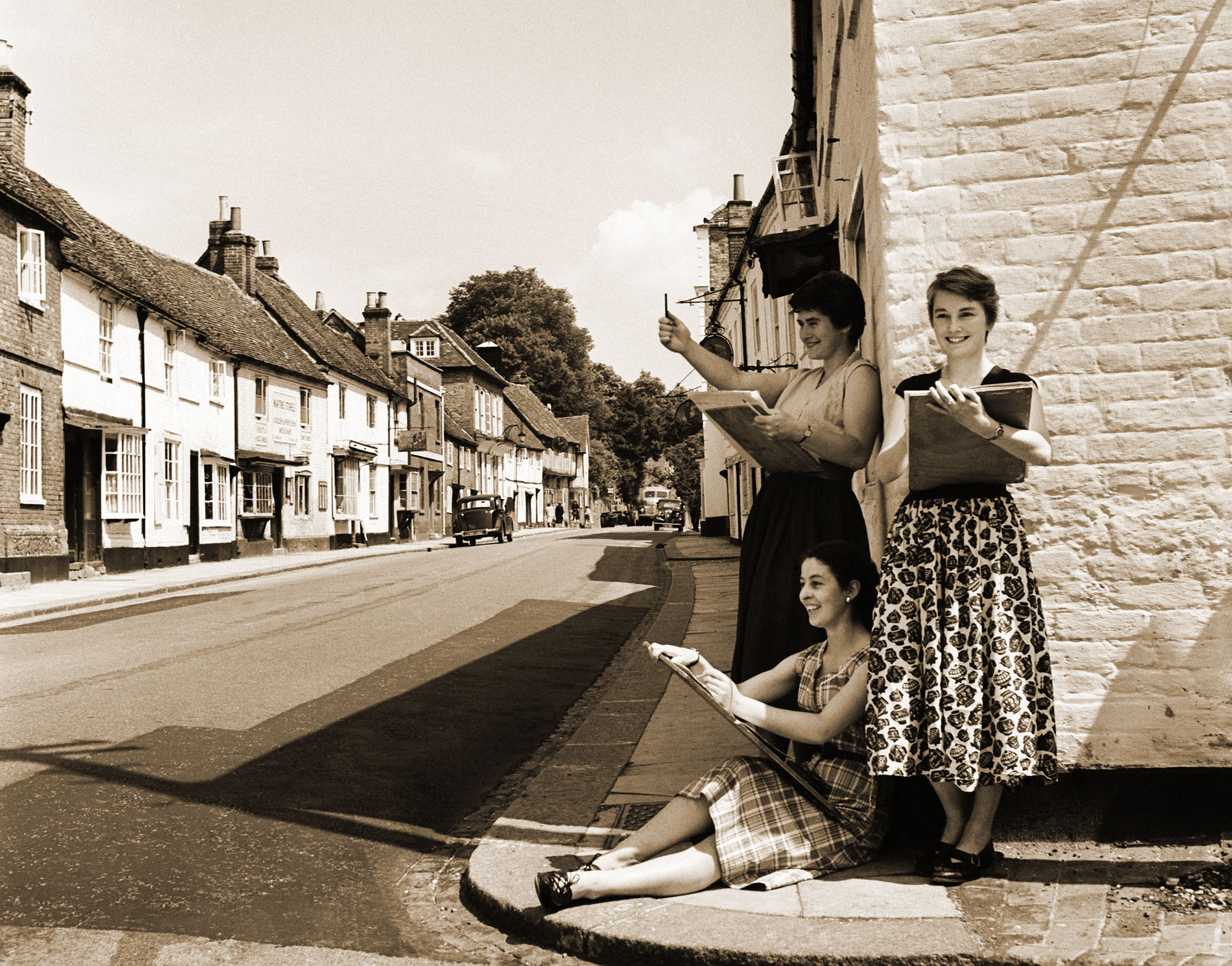 'It may be vain to think that the past was a cleaner, quieter and kinder place, but it felt pretty decent when you knew your GP and your GP knew you, and milk in glass bottles was delivered every morning'
'It may be vain to think that the past was a cleaner, quieter and kinder place, but it felt pretty decent when you knew your GP and your GP knew you, and milk in glass bottles was delivered every morning'Carla Carlisle is homesick for the olden days, when we didn’t know we had it so good.
-
 Patrick Galbraith: We are a brilliant and terrible species who messed it up a long time ago — and that means we have to do things we don't want to
Patrick Galbraith: We are a brilliant and terrible species who messed it up a long time ago — and that means we have to do things we don't want toOur columnist laments the painful decisions on culling wild animals which he argues have to be taken if we're to manage the countryside and maintain biodiversity.
-
 'From the first page until the last, I was in another country, another world... It was like falling in love'
'From the first page until the last, I was in another country, another world... It was like falling in love''There is beauty and there is poverty, order and corruption' — Carla Carlisle on Karen Blixen and Kenya.
-
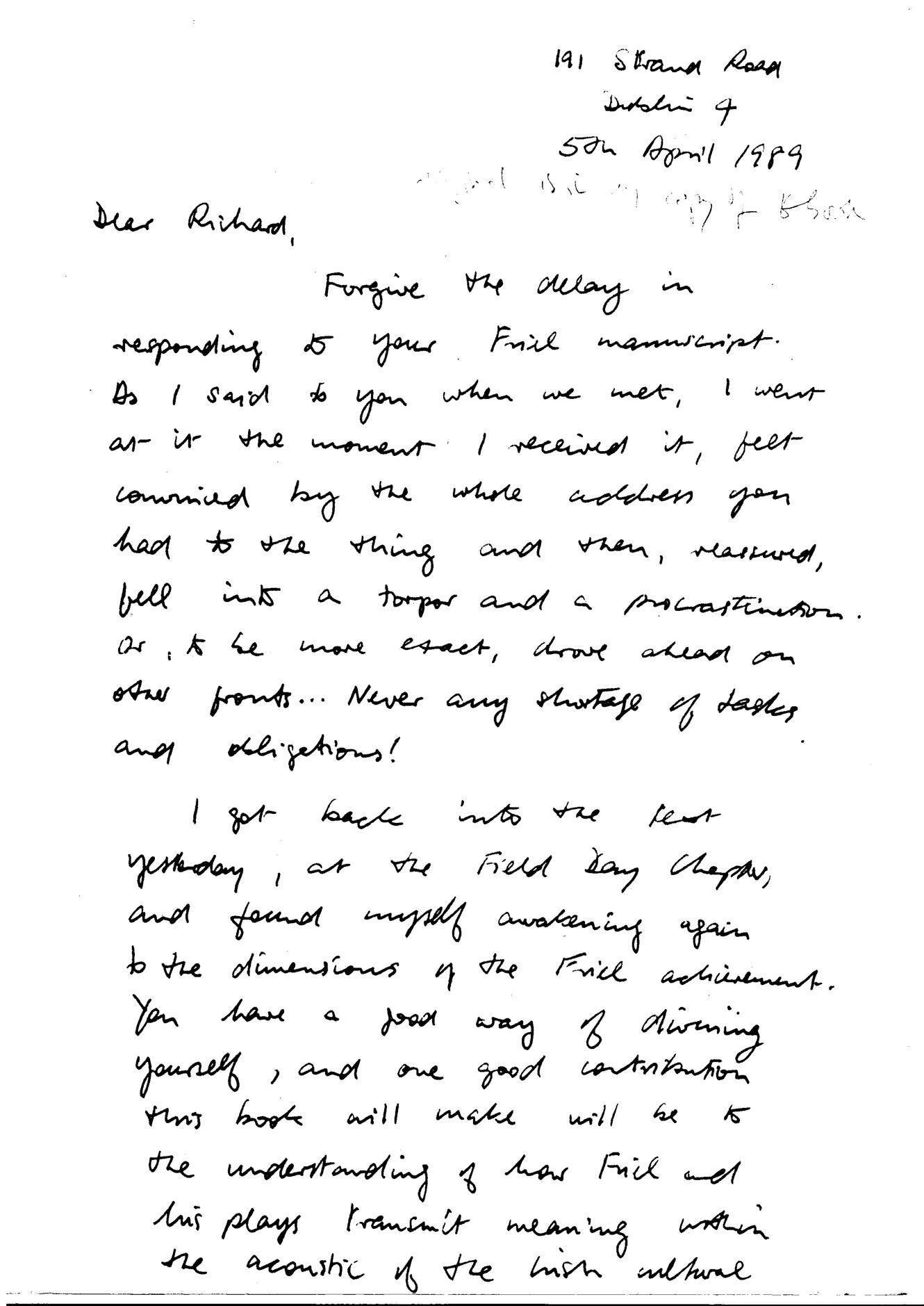 Carla Carlisle: 'Seamus Heaney deserves a sainthood, as well as his Nobel Prize'
Carla Carlisle: 'Seamus Heaney deserves a sainthood, as well as his Nobel Prize'Carla Carlisle applauds The Letters of Seamus Heaney and shares how she couldn't wait until Christmas to devour the collection from the late Irish poet
-
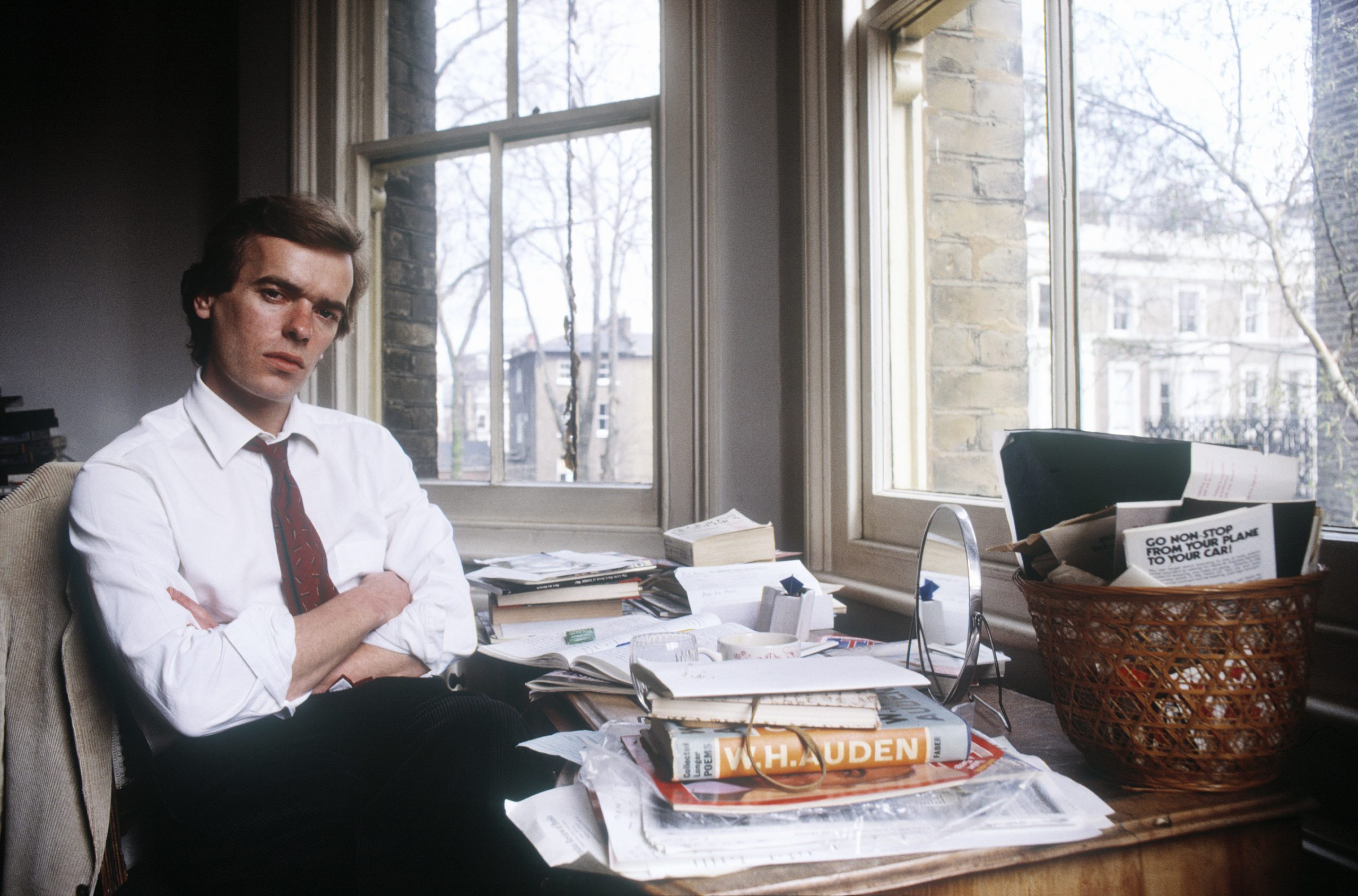 Carla Carlisle on Martin Amis: The 'passionate, graceful, fierce' writer who scared us, challenged us, and brought us understanding
Carla Carlisle on Martin Amis: The 'passionate, graceful, fierce' writer who scared us, challenged us, and brought us understandingCarla Carlisle pays tribute to the late Martin Amis, who died last month.
-
 Carla Carlisle: 'Edit your one and precious life. Prepare for Judgement Day. Do it Now.'
Carla Carlisle: 'Edit your one and precious life. Prepare for Judgement Day. Do it Now.'Carla has been having a bit of a New Year clear-out — albeit one which started last August, and which is NOT going particularly well...
-
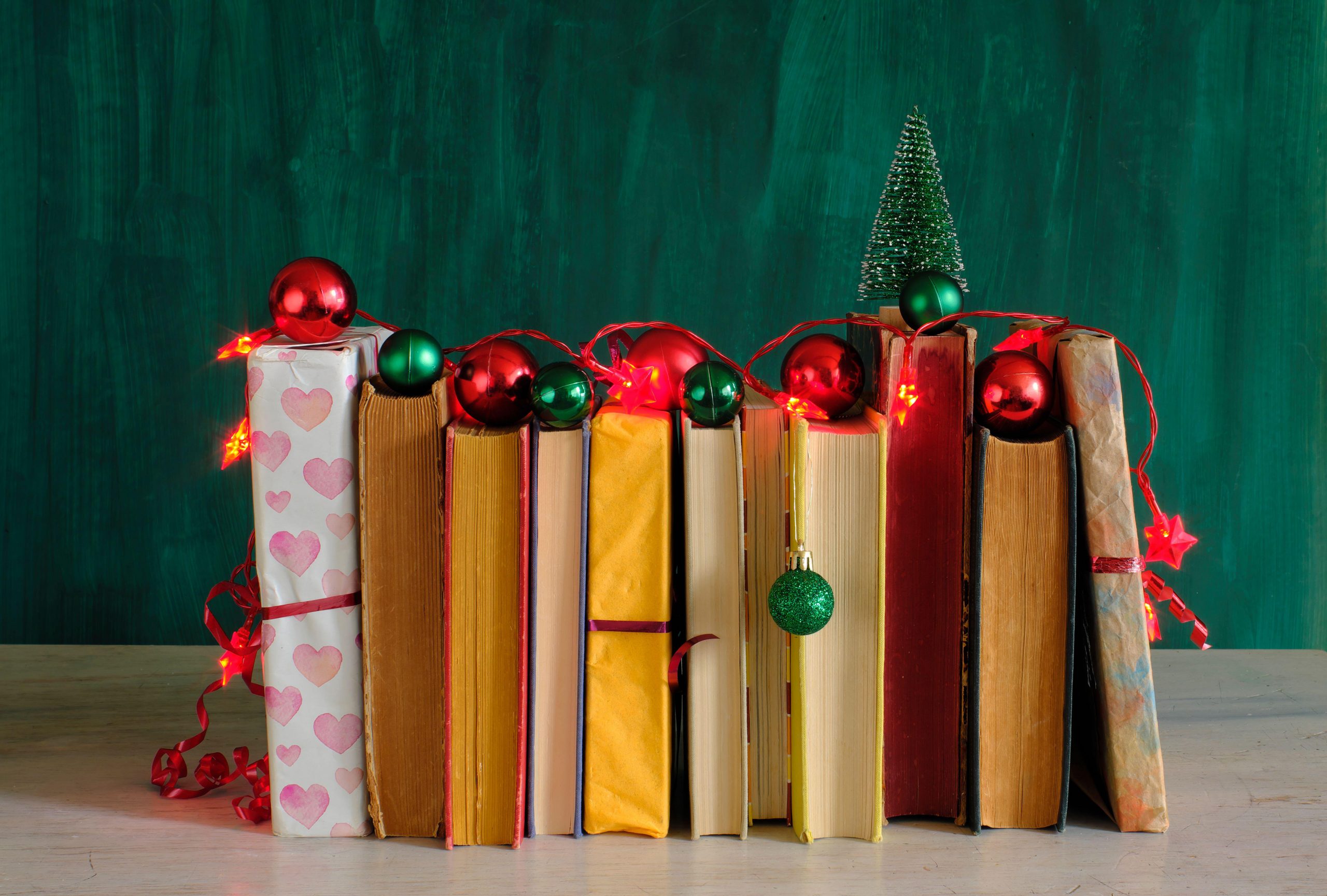 Jason Goodwin's books of the year 2022
Jason Goodwin's books of the year 2022Our columnist Jason Goodwin shares the books that have entertained and enlightened him this year.
-
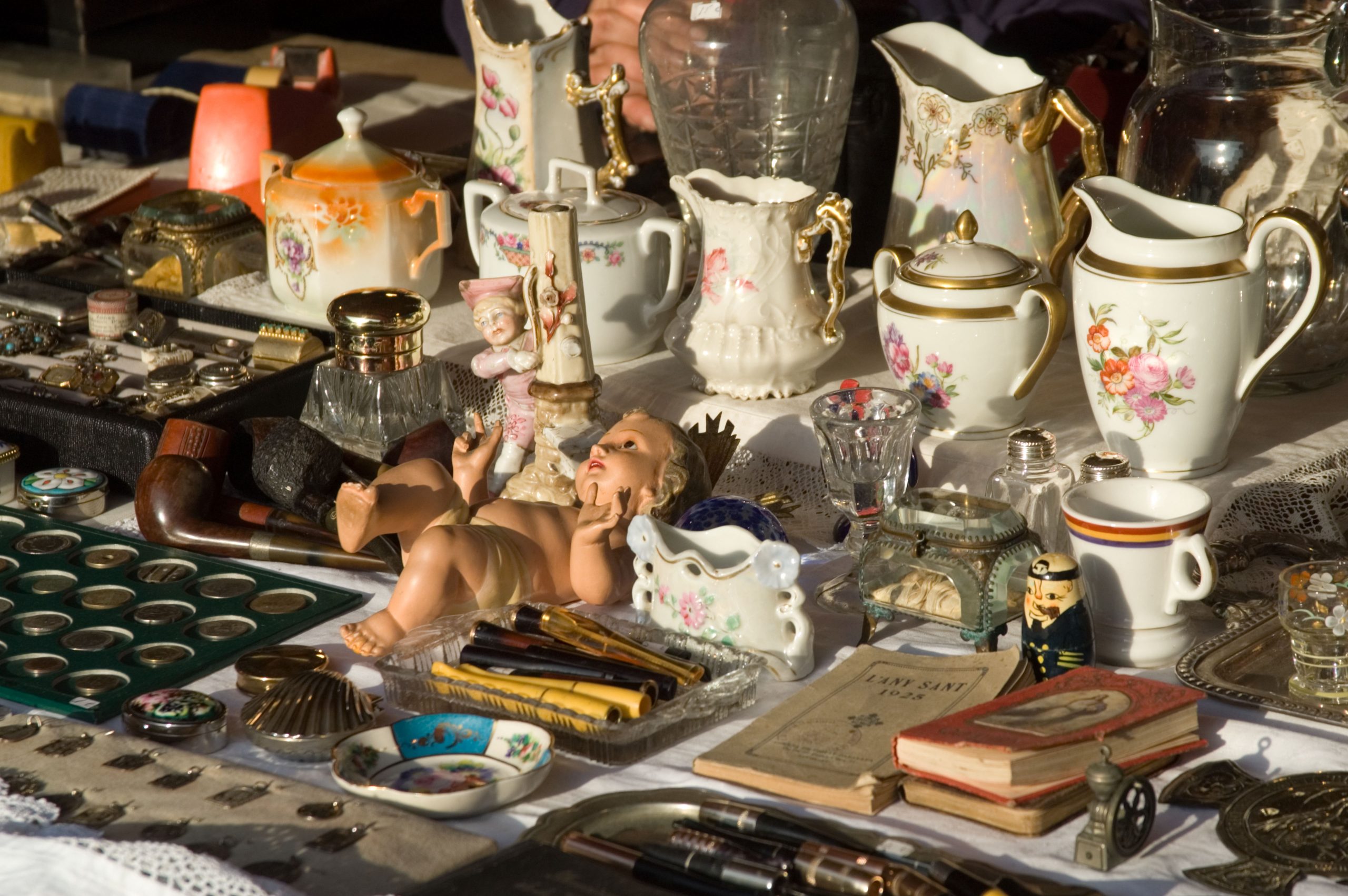 'By the time I reached chapter seven I was nauseated by the sheer volume of stuff I owned'
'By the time I reached chapter seven I was nauseated by the sheer volume of stuff I owned'Jonathan Self's chance encounter with a book shifts the way he sees his belongings... but how long will his urge to declutter last?